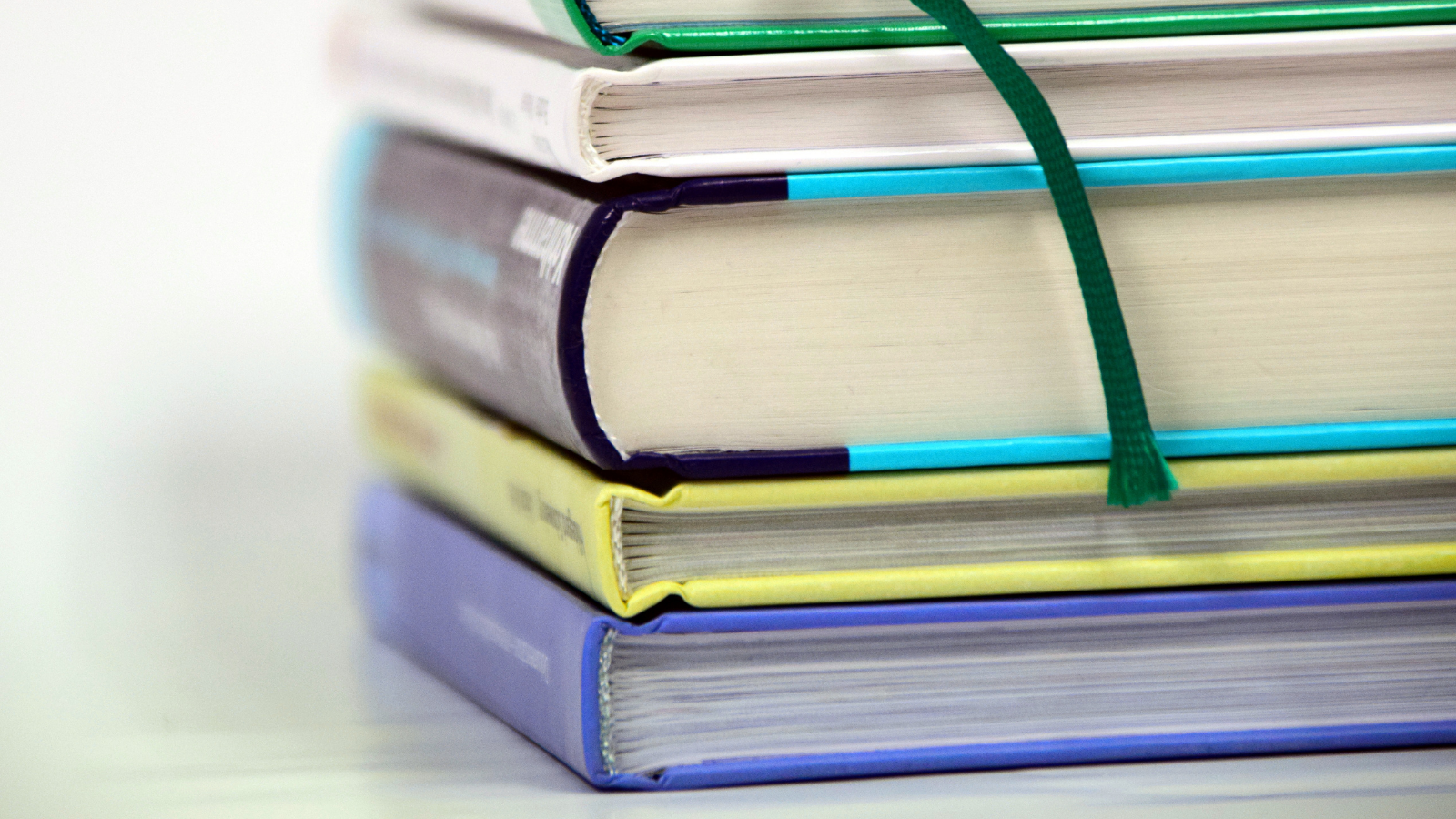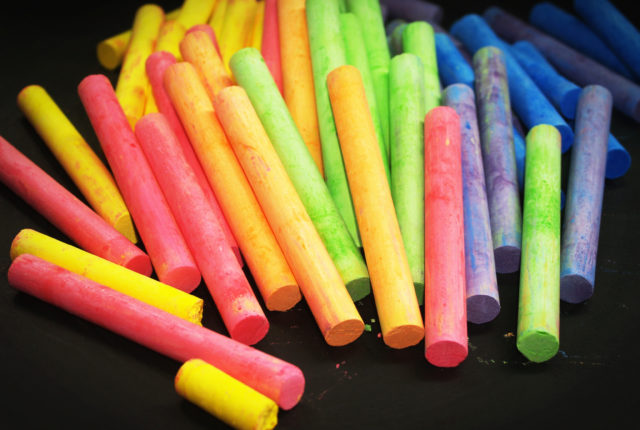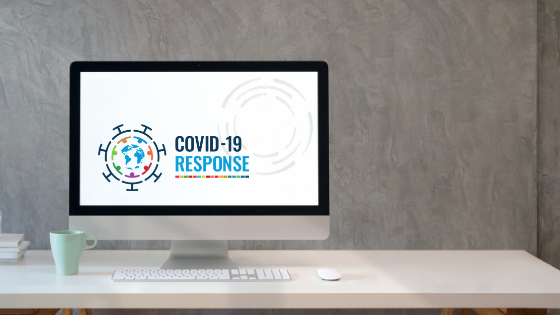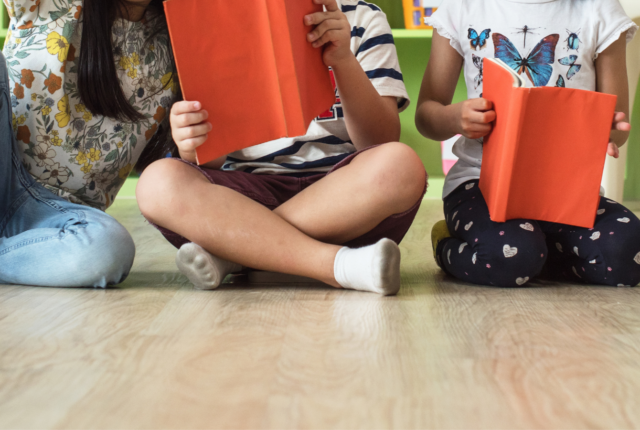By Alison Moran
Throughout high school, I always wanted to be a nurse or teacher, but I could never decide which one. After a long medical stay that ended up resulting in surgery, I decided to become a nurse. I worked for a local catholic hospital for nearly 20 years, but decided I wanted a change. I went back to school for an education certification in Elementary Ed (Pre-K-6) with a Biology extension for 6-9. Then I went on for a MA in Differentiated Instruction with a focus on Earth Science, obtaining my Earth Science and Biology certification for grades 7-12. To date, I have worked for 20 plus years in the field of education. I joined NYS Master Teachers in 2016; during which I helped create a Climate Summit for the area youth. For this day-long event, we taught students about carbon, what climate is, what activities cause an increase in climate change, and alternative energies that can be used as power with no carbon offset needed.
Despite all my experience in the field, during the pandemic I suddenly found myself questioning education, and how we were handling education during the pandemic. I needed to focus on myself and do something I enjoy. I happened upon the SDG Academy and found the course One Planet, One Ocean. Because I am a life-long learner, I thought it would be great. I thought, maybe I will add to my knowledge of Oceanography; it would be a win-win as I teach Oceanography to high school students. As I worked through the course, I suddenly received an email from Patrick Paul Walsh, Director of Sustainable Development Studies. I found myself inthralled with what I read. I attended a few informational sessions and decided that a MSc in Sustainable Development was definitely something I wanted to pursue.
It is imperative we look at education as a whole, not just the secondary student, but the whole process of readying our new teachers for the field. Social emotional issues were never addressed in schools. One was looked at as a problem child, instead of looking at what a child had endured in early life. Gender bias was very prevalent during my years in high school. The only choices recommended at the time was a teacher or a nurse. Universities need to teach about the SDGs and the 2030 Goals, so when new educators teach our youth the topic of their certification, they can also incorporate the SDGs. The SDGs should be incorporated into teacher training, as a whole course or part of a seminar prior to field work. Education is an important part of life and today; we must add the SDGs so that students understand as well as be able to help accomplish the 2030 Goals. All of humanity must work together in order to achieve the 2030 goals. In my own life, I hope that I have taught my own children how to live sustainably or at least try to live that way. It is a process that just doesn’t happen overnight and if we are quick to realize we are less than 10 years away from 2030. Everyone has the right to live in a sustainable world where we don’t have to fight for an education, food or security because of our ethnicity, race or religion.
Now I will be finished with my thesis for my degree at the end of this summer. My project is on Ocean Health and Atlantic Salmon, which have decreased dramatically in the last decade. I look forward to what doors open for me with my new degree and continuing to be a life-long learner.
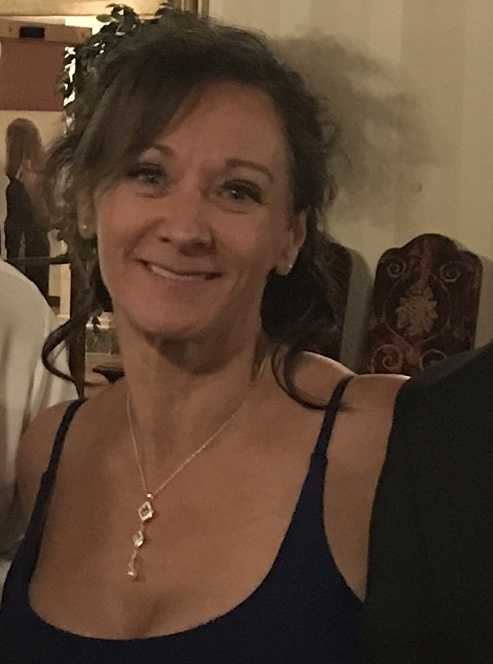
Alison Moran is a mother of four and a grandmother of four with a 20 plus year career as a science educator at Alden Central School in Alden, New York. She teaches Earth Science, Environmental Science, and Oceanography to high school students. She is currently finishing her last year in the NYS Master Teacher Program, where she and many other teachers developed a day long climate summit for area students. She is also a student at University College Dublin, obtaining a second masters in Sustainable Development. Her goal is to work with the UN or an NGO to promote climate and ocean health and education for all.
